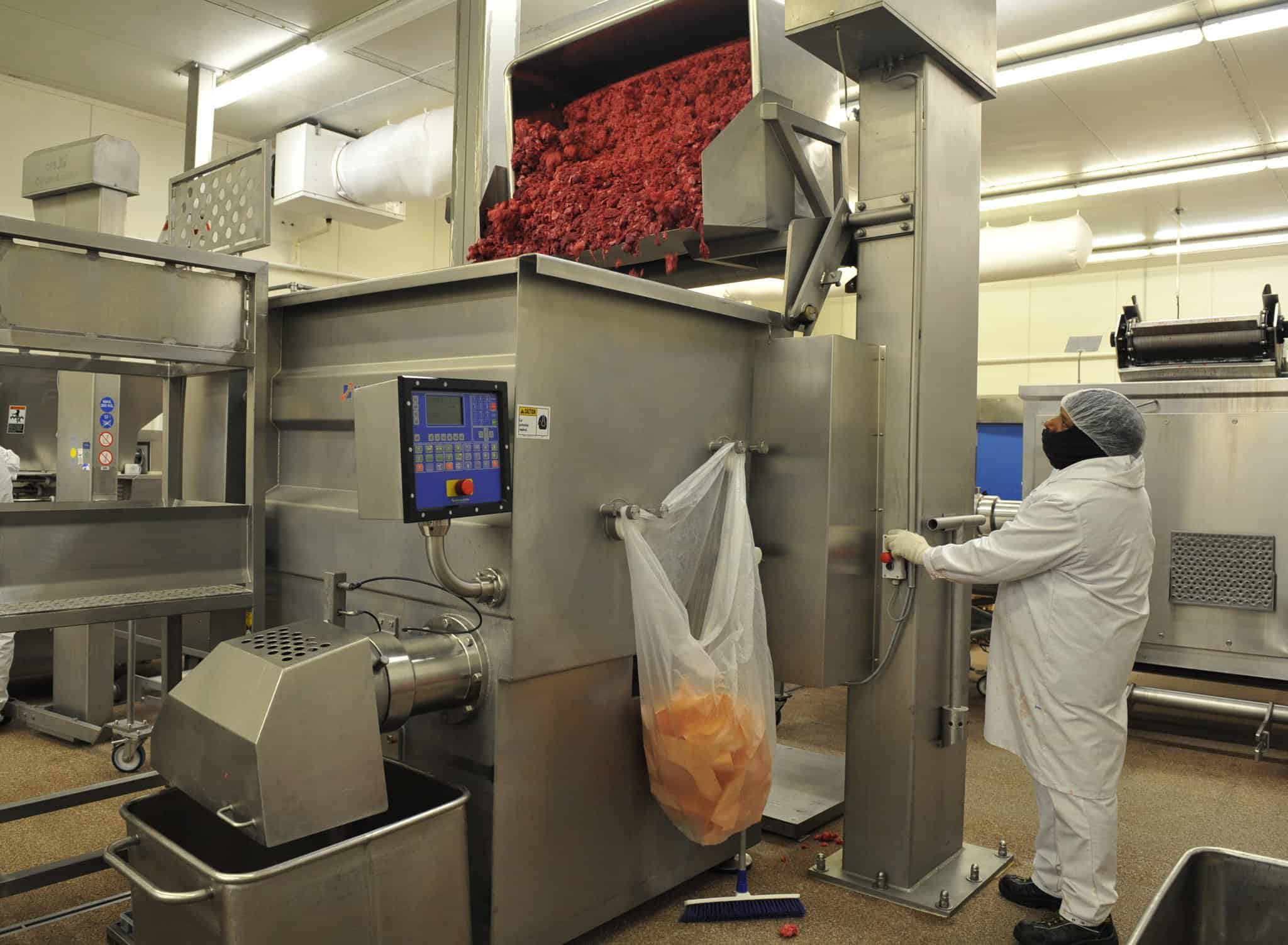Jacob Denz is a student at Harvard Law School
Republican leaders in Iowa, Oklahoma, and other states reopening soon are telling UI recipients to return to work or risk losing benefits, the Washington Post reports. The leaders and reopening businesses fear workers will prefer to take advantage of historically high benefits following the CARES Act stimulus legislation rather than return to work. Denial of benefits would be pursuant to laws conditioning receipt of UI on acceptance of comparable work offered. Worker advocates argue that the risk of COVID-19 infection could render reemployment incomparable to earlier conditions, but they acknowledge that fighting loss of benefits would be costly and time-consuming for workers. Democratic federal lawmakers slammed the state officials’ threats to take workers off UI and said the real problem was with reopening in the midst of the pandemic.
Almost 400 poultry workers in Georgia have tested positive for COVID-19, according to The Atlanta Journal-Constitution, and at least one worker has died. The known cases represent about 2% of approximately 16,500 people employed in poultry processing at 14 plants throughout the state. Georgia’s poultry industry is responsible for about 15% of U.S. poultry production. Poultry processing workers in Georgia are largely Latino immigrants, many of whom live in multi-generational households where social distancing is difficult. President Trump has used the Defense Production Act to require meat and poultry plants to remain open. Workers have raised objections to inadequate safety practices and lack of transparency about the spread of the virus at the plants in Georgia and elsewhere, as The Guardian details.
Newspaper conglomerate Gannett is taking advantage of COVID-19 to block unionization efforts, CNN says. Leaders of three campaigns—the Southwest Florida News Guild, the Delaware News, and the Palm Beach News Guild—say they have asked Gannett to either agree to recognition or allow an election to proceed by mail. Gannett’s failure to agree to a mail-in ballot contrasts with other media conglomerates that have allowed elections to proceed at the Idaho Statesman, the Roanoke Times, and the Orlando Sentinel. The Southwest Florida News Guild would represent staffers at the Naples Daily News, The News-Press, and the Marco Eagle. The Palm Beach News Guild would represent the journalists of the Palm Beach Post and the Palm Beach Daily News. In addition to controversy over the elections, Gannett is also facing scrutiny from the National Labor Relations Board (NLRB) over its failure to consult with a newly-formed bargaining unit regarding layoffs at its Arizona Republic newspaper, Bloomberg documents.
Graduate student workers at Georgetown University have secured their first collective bargaining agreement, as reported by Bloomberg. The Georgetown Alliance of Graduate Employees (GAGE) is organized under the American Federation of Teachers and has secured higher pay and increased protections against sexual harassment and discrimination for graduate student workers. The agreement is due in part to Georgetown’s willingness to negotiate with GAGE in spite of a proposed NLRB regulation that would take away collective bargaining rights from graduate student workers. The University and the union conducted an election through private arbitration, following other private universities such as New York University and Brown in sidestepping the NLRB. The contract provides for a 14.5% increase in pay for doctoral assistants and an hourly increase for masters assistants from $13.50 to $19.50.
Unionization efforts during COVID-19 are by no means limited to newspapers and universities. The LA Times writes of activism by janitors, hotel workers, nurses, and fast-food workers in California demanding job security, higher pay, and better protection from the virus. Unions are also seeking to organize new bargaining units such as Amazon warehouses and Instacart shoppers. Experts disagree on the prospects for a worker resurgence: while some emphasize that the unprecedented conditions present new opportunities, including higher stakes and greater public appreciation for workers, others are more skeptical given the explosion of unemployment. But even if organizing efforts and direct action campaigns aimed at employers are not always successful, newly mobilized workers can win at the state and local government level, as evidenced by executive orders and local ordinances in cities like Los Angeles requiring paid sick leave and seniority protections for furloughed workers.






Daily News & Commentary
Start your day with our roundup of the latest labor developments. See all
July 9
In Today’s News and Commentary, the Supreme Court green-lights mass firings of federal workers, the Agricultural Secretary suggests Medicaid recipients can replace deported farm workers, and DHS ends Temporary Protected Status for Hondurans and Nicaraguans. In an 8-1 emergency docket decision released yesterday afternoon, the Supreme Court lifted an injunction by U.S. District Judge Susan […]
July 8
In today’s news and commentary, Apple wins at the Fifth Circuit against the NLRB, Florida enacts a noncompete-friendly law, and complications with the No Tax on Tips in the Big Beautiful Bill. Apple won an appeal overturning a National Labor Relations Board (NLRB) decision that the company violated labor law by coercively questioning an employee […]
July 7
LA economy deals with fallout from ICE raids; a new appeal challenges the NCAA antitrust settlement; and the EPA places dissenting employees on leave.
July 6
Municipal workers in Philadelphia continue to strike; Zohran Mamdani collects union endorsements; UFCW grocery workers in California and Colorado reach tentative agreements.
July 4
The DOL scraps a Biden-era proposed rule to end subminimum wages for disabled workers; millions will lose access to Medicaid and SNAP due to new proof of work requirements; and states step up in the noncompete policy space.
July 3
California compromises with unions on housing; 11th Circuit rules against transgender teacher; Harvard removes hundreds from grad student union.